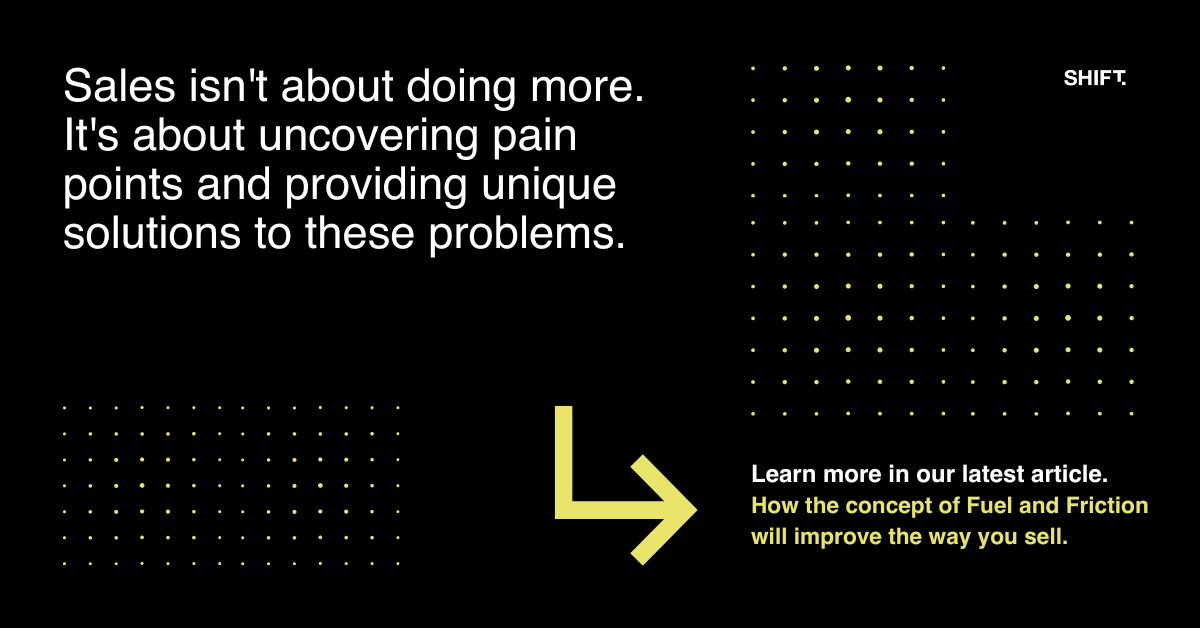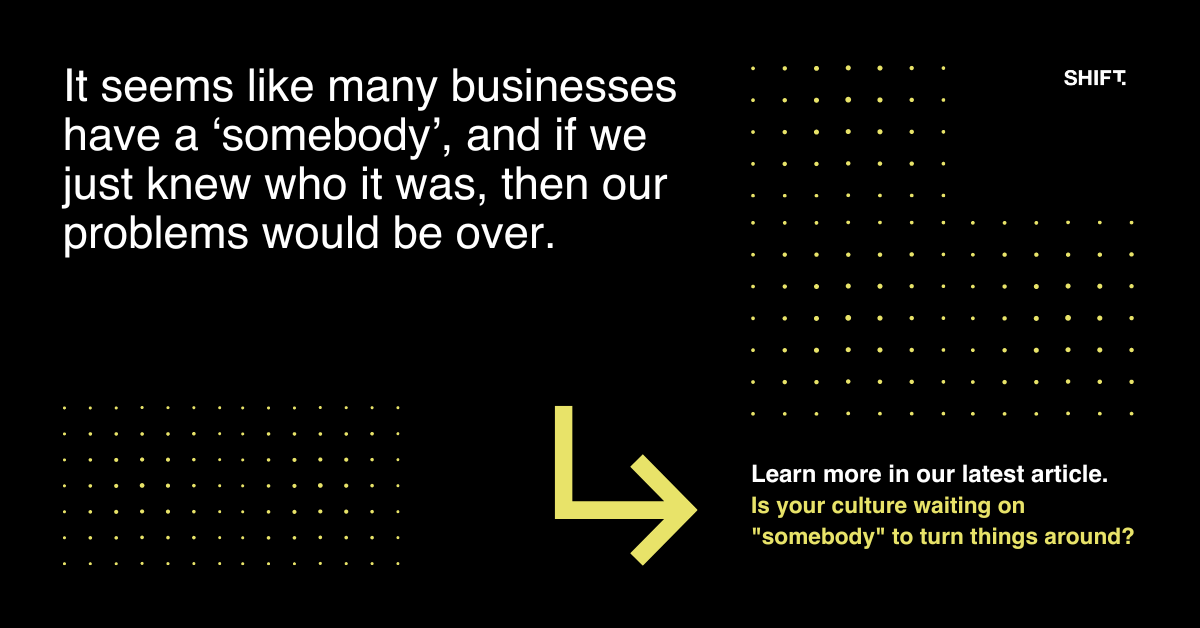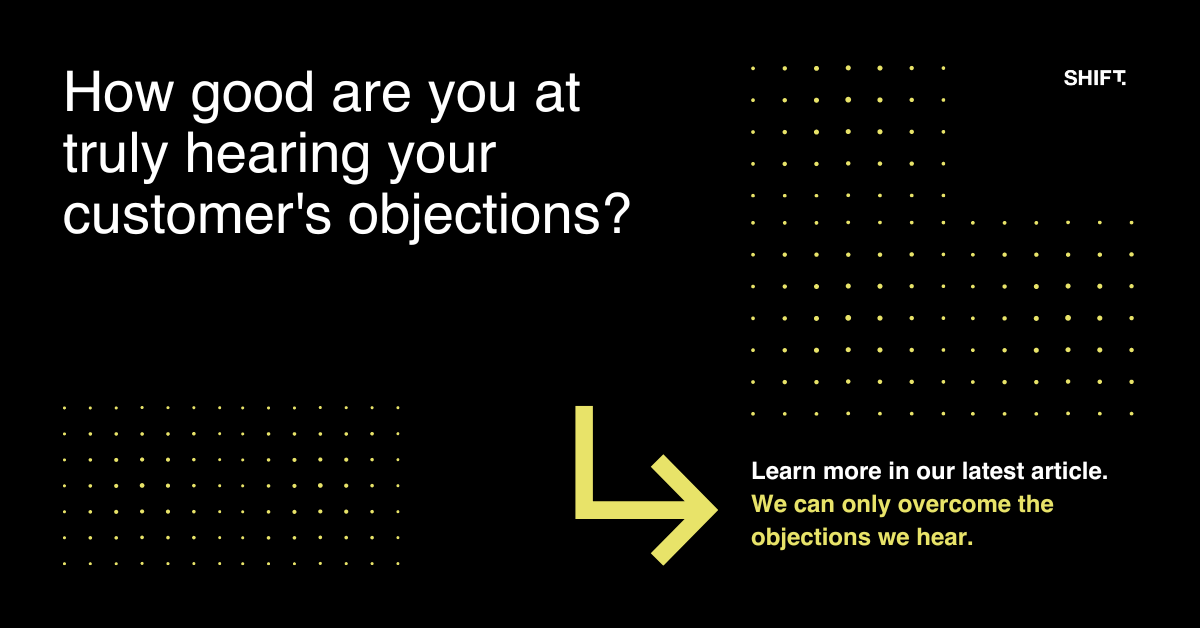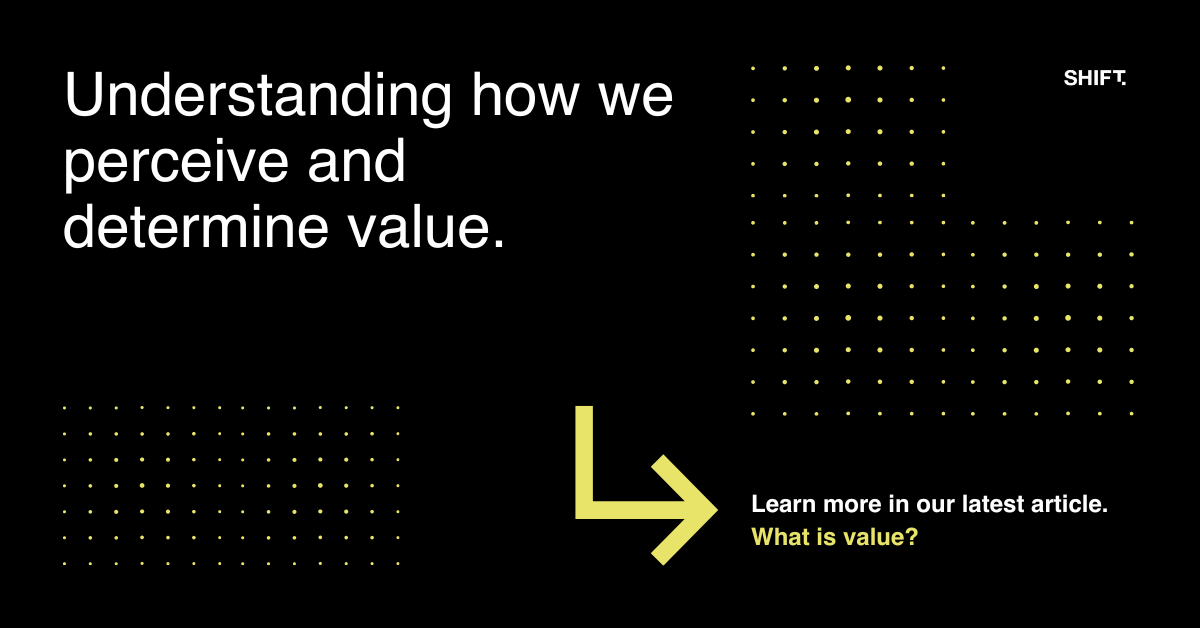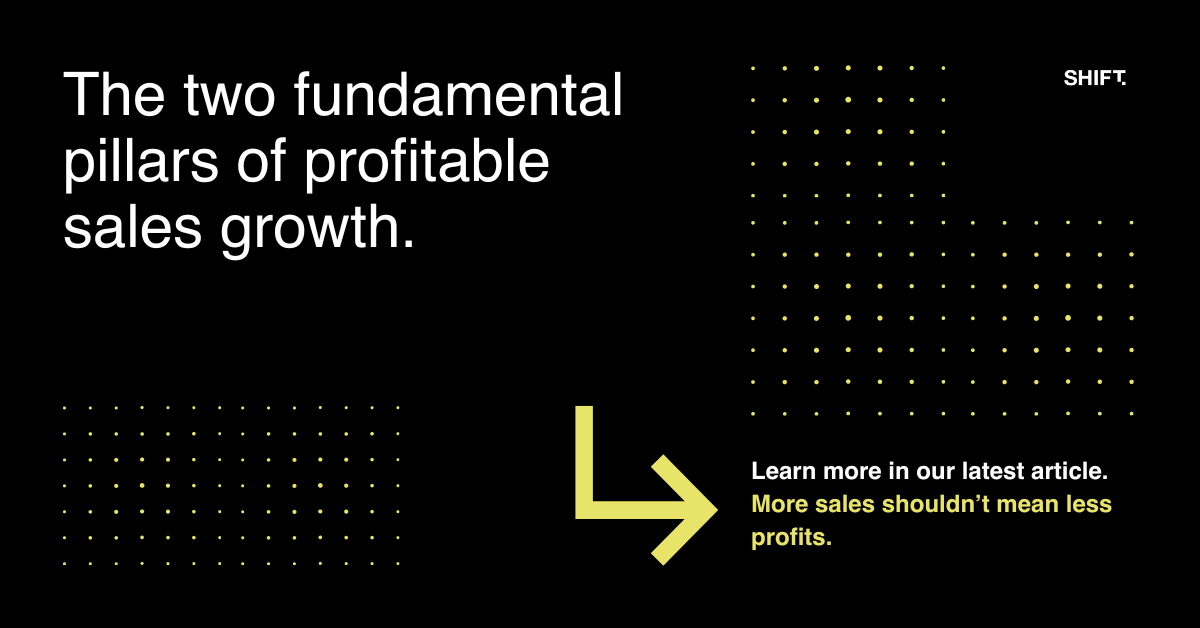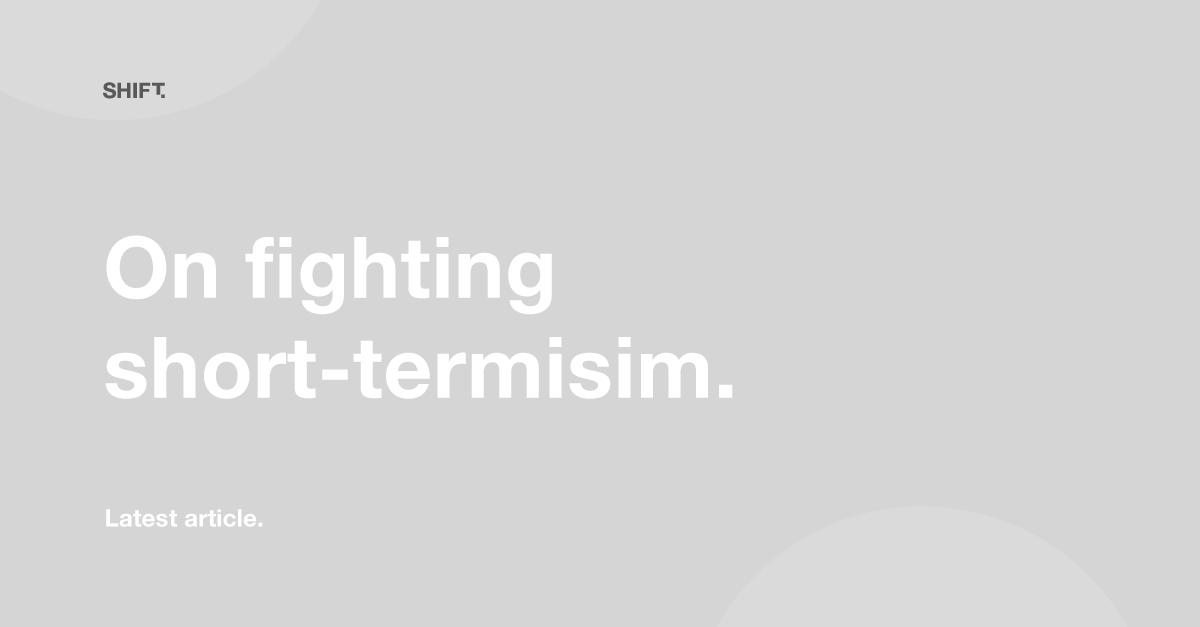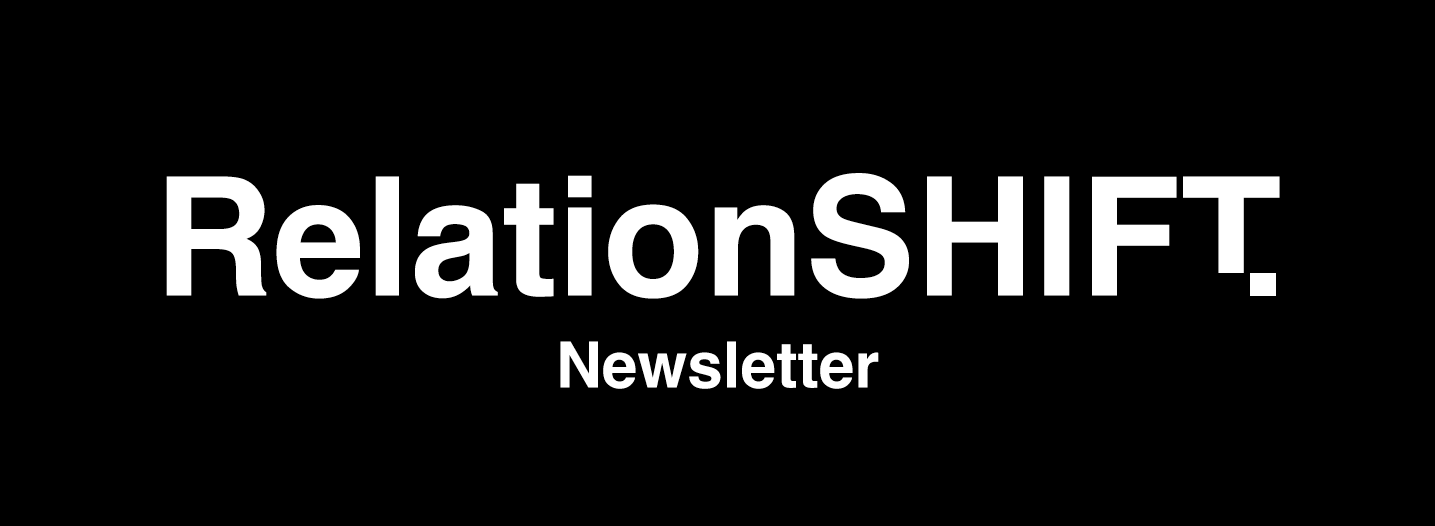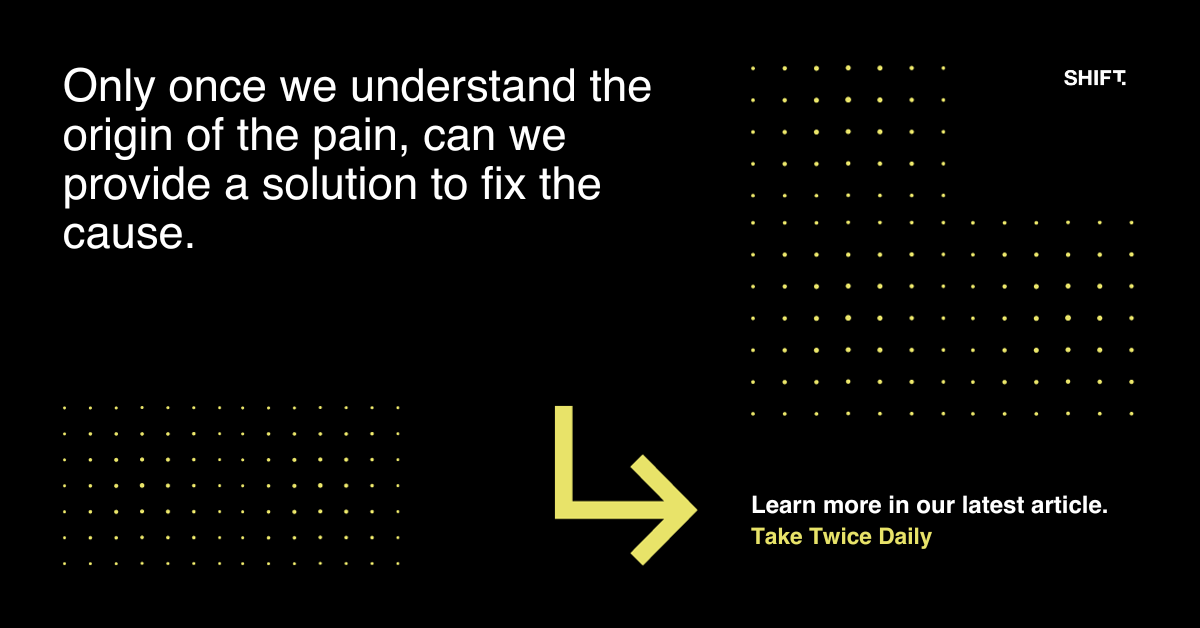Growing up in the ’60s and ’70s, I was an avid reader of science fiction and fantasy. Jules Vern, Isaac Asimov, Ursula K Le Guin, Robert Heinlein, Robert Silverberg, and JRR Tolkien were some of my favourite authors. Their imagination of distant planets, life other than human, of wonderful and also terrifying places and civilizations, all at a time when we were making great leaps forward in endeavour and technology to put people into space, on the moon and to travel at supersonic speeds. This was a fervent time for those who could dream, visualize and move us toward the new millennium and the hope of a brave new world.
I remember spending time with my friends, one in particular (sadly, he passed away a few years ago), talking about what the world would be like in the year 2000 and beyond. Would we still be alive to see it and what would this world of the future hold in store for us and our future families.
Flying cars, not unlike the Jetsons, talking with each other via our watch, like Dick Tracey, cures for cancer, stations on the moon and travelling to anywhere in the world in a matter a couple of hours were the subject of many conversations. These thoughts and visions of the future were further fuelled by TV shows such as Star Trek, Lost in Space and movies like Star Wars.
We didn’t dream of social media and influencers like the Kardashians or walls both physical and metaphorical dividing countries. We didn’t talk about the rise of capitalism driving a world where every western city has become the same, has become vanilla. We didn’t dream of a world where the big leaps forward were shut down because ‘it was bad for business’. Our vision was one of building on the big things that were already being started. We didn’t talk about climate change or our need to address these issues of globalization, capitalism, terrorism or divisive rhetoric. I think we assumed in a brave new world, where knowledge and striving towards a better world, these things would be dealt with, would be non-events.
Coming into the year 2000 held so much promise, the rise of the internet, personal computers, and email. Mobile phones were moving ahead in leaps and bounds with the likes of Nokia and Motorola and we were being connected in ways we had never been connected before. Our individual worlds were becoming larger as we connected across oceans, countries, and cultures, ironically making the whole world smaller.
Along the way some things happened, sliding door moments, where events, financial markets and the drive for wealth led to shorter-term decisions and set us on the path to becoming not the ‘brave new world’ but the ‘safe new world’.
A world where our own pleasure, our own creature comforts, our own need to be financially successful have moved us and our technology towards what is good for us individually rather than what is good for us collectively. A world where some of the richest people have developed technology to support this safe new world, where being a social influencer is now a much sort after profession, where success is measured in developing apps that make life easier and more pleasurable but do nothing for the social good nor to progress us past the short term emotions and to the big things we need to be finding answers for. A world where governments hide behind safe decisions and roll out the excuses such as ‘we are doing our bit, others have to do theirs’, as against being brave and doing what needs to be done. A world where the psyche is that somebody needs to do something as long as it doesn’t affect me.
What would have the world been like had electric cars not been shut down by GM because of the impact these would have on fossil fuel revenue? What would have the world been like had we not gone after non-existent weapons of mass destruction in Iraq? What would have the world been like had we kept going with supersonic flight and improving on this? What would have the world been like had we kept sending astronauts to the moon and beyond rather than money being spent on defence?
What would have the world looked like had we taken more action on the environment when we were learning about the hole in the ozone layer? My hope for the next few decades is that we find the bravery to tackle the big things again, to redefine success based around these big brave things. To dream once again of a brave new world and give these ideas space to grow and develop and cut through the noise of capitalism and short term-ism.
To see these sliding door moments and choose more wisely than we have in the past 30 years.
Andrew Nisbet
